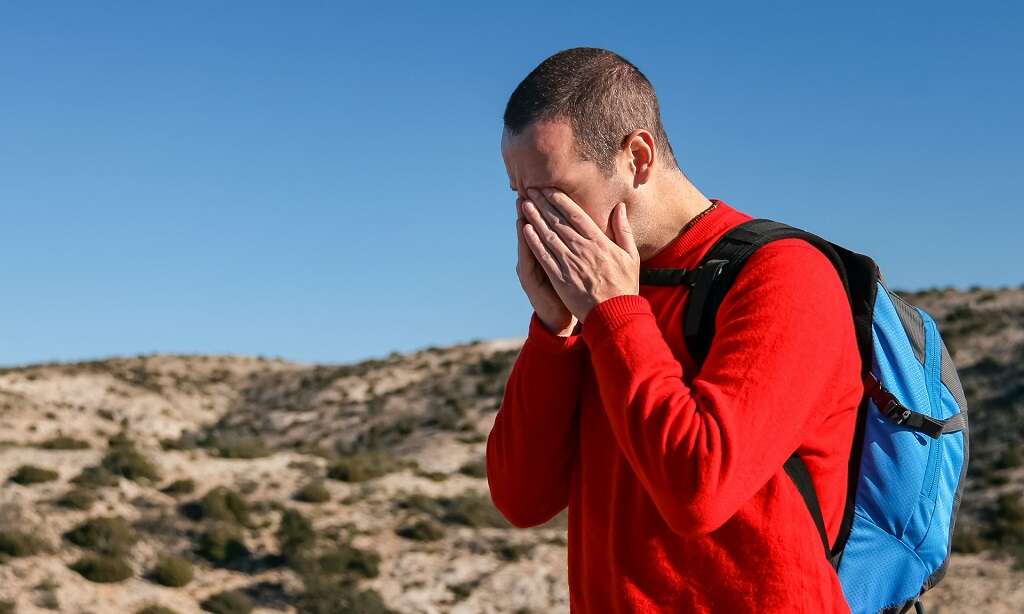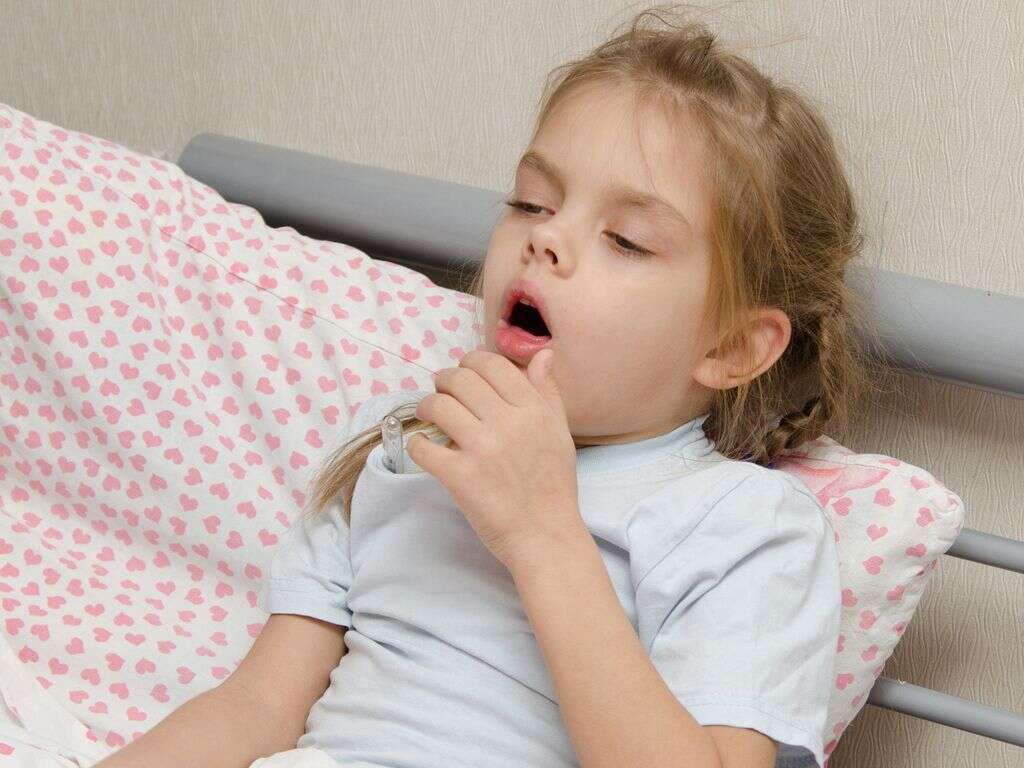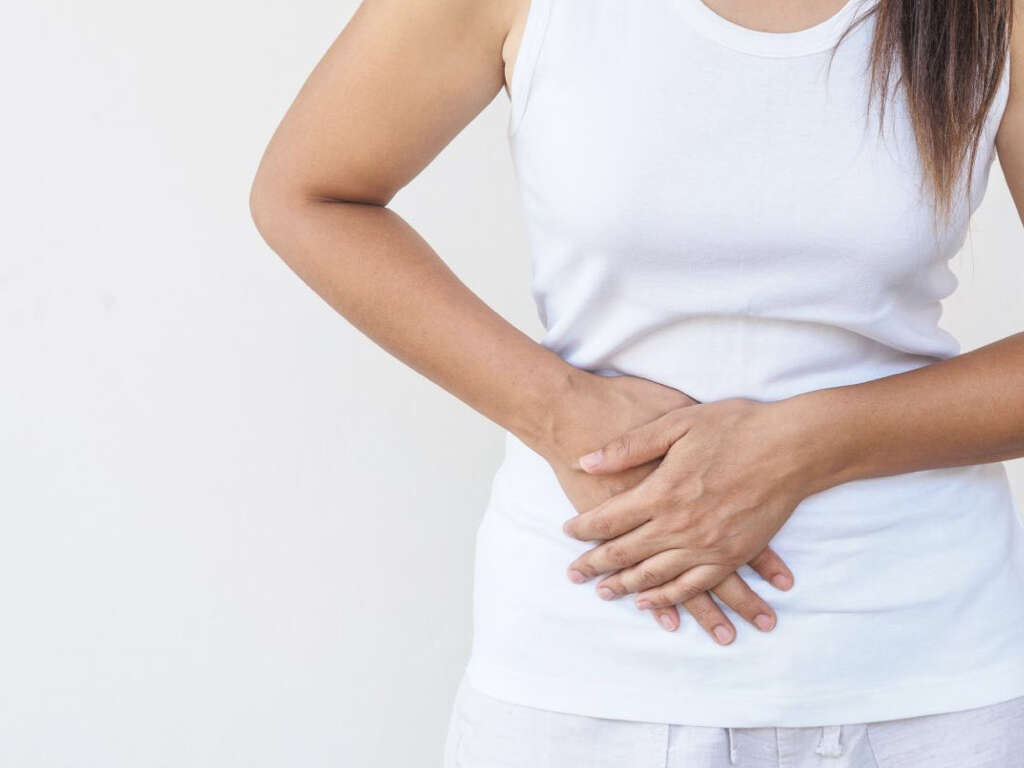10 Biliary Colic Symptoms
 Article Sources
Article Sources
- 1. Sigmon, David F., et al. 'Biliary Colic - StatPearls - NCBI Bookshelf.' National Center for Biotechnology Information, 20 Nov. 2020, www.ncbi.nlm.nih.gov/books/NBK430772/
- 2. 'Gallstones Symptoms and Treatment.' NHS Inform - Scottish Health Information You Can Trust | NHS Inform, www.nhsinform.scot/illnesses-and-conditions/stomach-liver-and-gastrointestinal-tract/gallstones
- 3. 'Referred Shoulder Pain.' University of Michigan | Michigan Medicine, www.uofmhealth.org/health-library/aa58029
- 4. 'Diagnosing Biliary Colic and Acute Cholecystitis.' AAFP American Academy of Family Physicians, 15 Sept. 2000, www.aafp.org/afp/2000/0915/p1386.html
- 5. 'Nausea: a Review of Pathophysiology and Therapeutics.' PubMed Central (PMC), www.ncbi.nlm.nih.gov/pmc/articles/PMC4699282/
- 6. 'Biliary Colic and Complications from Gallstones.' Best Practice Advocacy Centre New Zealand, bpac.org.nz/bpj/2014/june/gallstones.aspx
Nausea
In some instances, nausea can be a symptom of biliary colic. Nausea is an uneasy feeling, or discomfort, in the stomach. Sometimes referred to as queasy, it's the sensation that a person has an urge to or is about to vomit.
When it's due to biliary colic, nausea typically accompanies abdominal pain. It may start or become worse after eating. When caused by biliary colic, nausea usually goes away when abdominal pain stops.5‘Nausea: a Review of Pathophysiology and Therapeutics.’ PubMed Central (PMC), www.ncbi.nlm.nih.gov/pmc/articles/PMC4699282/
Advertisement











